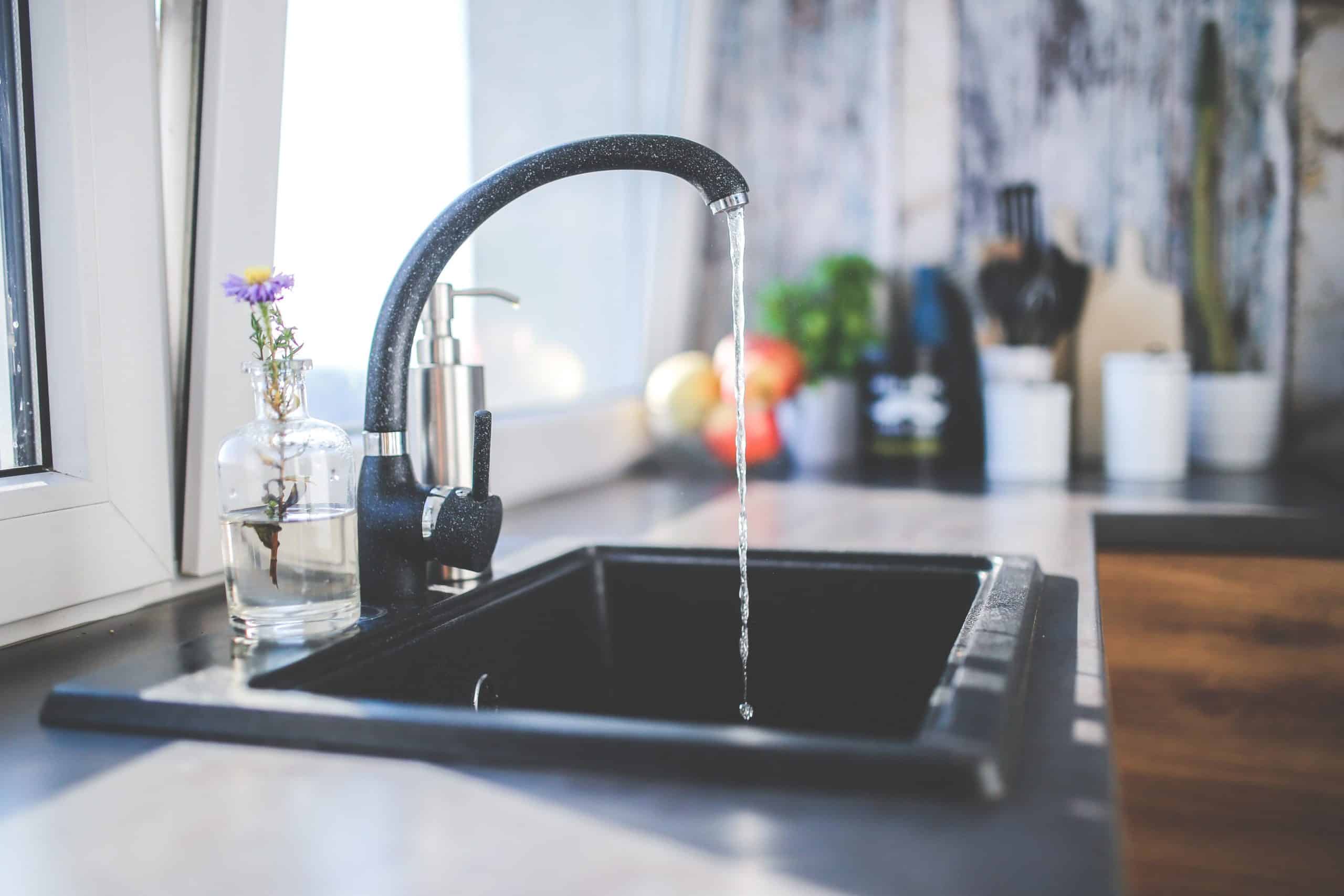Clogs are one of the main reasons people have to call a plumber. There are few things more frustrating than a clogged drain. Clogs always seem to happen at the worst possible times and are frustrating to deal with - especially if you can’t resolve it without a service call. Depending on the extent of the clog and the damage that may have occurred from a prolonged backup, a clogged drain can quickly become an expensive repair.
Drains tend to be “out of sight, out of mind” until there’s a problem. Like most things in your home, preventive maintenance is key to keeping your plumbing system in working order. Good habits and regular maintenance can help prevent clogs and save you money.

Preventing Drain Clogs
Not surprisingly, the best way to prevent slow or clogged kitchen drains is to be careful about what goes down them. Cooking grease, coffee grounds, food scraps and excessive soap scum are four of the biggest culprits when it comes to kitchen clogs.
Here are seven easy and inexpensive ways to help prevent kitchen clogs:
1. Use a Mesh Drain Strainer
An easy and inexpensive way to prevent clogs is to use a mesh drain strainer or basket. Non-liquids will sit in the trap rather than flowing down the drain. You then simply remove the trap and toss the solids in your trash can. Drain traps are simple, inexpensive and easy to find in any hardware or home improvement store.
2. Eliminate Grease
Never pour cooking oils or other types of grease into your kitchen drains. Oil and grease bond with other solids and over time can create giant clogs. Collect cooking grease in a can or glass jar and put it in your trash can.
3. Don’t Flush Food Scraps Down Your Kitchen Sink
One of the best ways to keep your kitchen drain clean and free from clogs is to simply limit what goes down them.You can avoid many kitchen clogs by thoroughly scraping food scraps into your trash can before rinsing dishes.
4. Use Your Garbage Disposal Properly
Since a clogged garbage disposal can quickly become a huge mess, it’s important for all household members to understand what should and should not be put in a disposal.
Despite the name, a garbage disposal is not a trash can and there are many items that should never be placed down one. Avoid placing the following in your garbage disposal:
- Eggshells
- Coffee grounds
- Meat and bones
- Pasta, rice or other starchy foods
- Fibrous fruit and vegetable peels
- Harsh chemicals and paint
- Paper products
Always operate your disposal using a constant flow of cold water during and for about 60 seconds after the disposal is turned off. This will assist with the grinding process and help flush food particles completely down the pipe. In addition, regularly cleaning your garbage disposal will help prevent food residue from building up inside your drain pipe and eliminate odors.
5. Rinse Kitchen Drains with Hot Water
After each use, run some hot water down the drain to help any small food particles run down the drain and prevent clogs from forming. If you experience frequent clogs, at least once a week pour very hot water down the drain to help prevent buildup in pipes

6. Use Natural Cleansers
Many store bought cleansers contain chemicals that can be harmful to both your pipes and your eyes and lungs. Instead of spending money on expensive cleaning products, try some inexpensive and natural products you likely have in your pantry - vinegar and baking soda.
Vinegar is a natural cleaner and deodorizer. The acetic acid in plain white vinegar is an organic solvent that helps remove the build up of food particles inside pipes. Pour a cup of vinegar down the drain and let it sit for 30 minutes. Then rinse the drain thoroughly with hot water. Doing this once a week is an inexpensive way to keep drains running freely.
Baking soda is another great cleaning agent for kitchen drains. It absorbs odor and helps keep your sink smelling clean and fresh. Periodically sprinkle some baking soda down your kitchen drain and thoroughly rinse with hot water to help eliminate odors.
You can also combine a cup of baking soda with two cups of vinegar in your drain and let the two work together to both clean and deodorize the drain. Wait about 15 minutes for the fizzing to stop and then thoroughly rinse the drain with hot tap water.
7. Avoid Harsh Chemicals
Chemical drain openers contain harsh acidic properties. These products may unclog your drain, but the acid can corrode your pipes. With repeated use, these products can actually cause clogs as corrosion builds up inside pipes. If you have a clogged drain, avoid using these products and try a plunger or plumber’s snake instead.
Persistent Clogs Need a Professional Plumber
Following these tips will help keep your kitchen drain clean and clear. However, despite your best efforts, a clogged drain can happen. A stubborn clog can be hard to remove without the right training and equipment. If you are having trouble keeping your kitchen drain clear, it's time to call a professional plumber.
Frequent or persistent clogs can sometimes be a sign of bigger plumbing problems developing deep inside your system. If you are experiencing frequent clogs or other plumbing issues, it may be time to consider having your plumbing system inspected by a trained technician. Using a camera probe, they can quickly locate clogs, leaks, and damage inside your home’s pipes or sewer lines and recommend the right solutions.
Timely attention to a clogged kitchen sink or slow moving drain is important. If you are dealing with a stubborn or recurring kitchen clog, call Simply Green Plumbing, Sewer & Rooter at (408) 716-1686 or contact us online to schedule an appointment.
Our Los Gatos technicians have over 30 years of plumbing experience. We understand that plumbing issues can happen at any time, that’s why we offer emergency plumbing services at no extra cost.
